Description
Bently Nevada 33103-00-04-10-02-00 (3300 XL 8 mm Proximity Probe) – For precise shaft vibration and position monitoring
This configuration appears to correspond to the Bently Nevada 3300 XL 8 mm proximity probe (commonly written as 330103-00-04-10-02-00), used with a matching Proximitor sensor and extension cable to measure shaft vibration, radial position, and thrust position on critical rotating machinery. From my experience, this is the go-to probe family for turbines, compressors, and large motors when you need stable 200 mV/mil output and dependable linearity across the standard 80 mil (2.0 mm) range. You might notice that this option code set (-04-10-02) typically denotes a short pigtail probe cable, standard coax connector, and 3/8-24 UNF mounting thread—ideal for brownfield retrofits and most API 670-compliant installations.
Company’s Order Placement Process and Guarantees
- Warranty: 365 days
- Delivery: 1 week if in stock; no more than one month at the latest
- Payment: 50% advance payment; full payment prior to delivery
- Express options: FedEx, UPS, DHL
Key Features
- 8 mm probe tip (3300 XL series): The most widely used size for general-purpose shaft vibration and position on medium to large machines.
- 200 mV/mil (≈7.87 mV/µm) sensitivity: Delivers a clean, linear output with the matching 3300 XL Proximitor for API 670-style monitoring.
- Typical linear range ~2.0 mm (80 mils): Enough headroom for both vibration and slow-roll/runout analysis.
- Option -02 thread (3/8-24 UNF): Easy retrofit into existing probe brackets and machine case cavities; jam-nut locking for repeatable gaps.
- Robust high-temp construction: Designed for elevated temperatures commonly found around bearings and seals; maintains stability in many cases up to 177 °C.
- System compatibility: Works with 3300 XL Proximitor sensors (e.g., 330171) and extension cables (e.g., 330130) for a calibrated chain.
- Calibrated to AISI 4140 steel: Ensures the factory-stated accuracy when used on standard rotors and targets.
Technical Specifications
| Brand / Model | Bently Nevada 33103-00-04-10-02-00 (commonly mapped to 330103-00-04-10-02-00) |
| Series | 3300 XL, 8 mm proximity probe |
| HS Code | 903180 (Measuring/monitoring instruments) |
| Sensing Principle | Non-contact eddy-current displacement |
| Sensitivity | 200 mV/mil (≈7.87 mV/µm) with matching 3300 XL Proximitor |
| Linear Range | Approximately 2.0 mm (80 mils) |
| Probe Tip Diameter | 8 mm nominal |
| Thread / Mounting | 3/8-24 UNF (Option -02), jam-nut mounting |
| Operating Temperature | Typically -35 °C to +177 °C, depending on cable options |
| Protection Rating | Sealed probe head; suitable for oil splash areas around bearings |
| Signal I/O | Analog DC gap + dynamic AC vibration (via Proximitor output) |
| Communication Interfaces | N/A (analog transducer chain; coaxial interconnects) |
| Power Requirements | Probe is passive; powered via compatible 3300 XL Proximitor sensor |
| Dimensions & Weight | 8 mm tip; body length and weight vary by option; compact for tight bearing housings |
| Compatible Components | 330171 (Proximitor Sensor), 330130 (Extension Cable), API 670-type monitors |
| Installation Method | Threaded insertion with jam nut; set gap using feeler gauge or DC bias voltage |
Application Fields
You’ll typically see this probe on steam and gas turbines, centrifugal compressors, large pumps, and critical fans where non-contact measurement is mandatory. It’s equally at home monitoring radial vibration, differential expansion, and thrust position on API 670-compliant skids. One customer in a petrochemical plant shared that swapping to this 8 mm probe size simplified spares—fewer SKUs, same linearity—and the maintenance team appreciated how quickly they could re-gap after bearing work.
Advantages & Value
- Reliability under harsh conditions: Stable performance near hot bearings and in oil mist; fewer drift-related callouts.
- Compatibility across fleets: Works with established 3300 XL chains; simplifies mixed-asset standardization.
- Lifecycle cost savings: Proven 200 mV/mil standard means quicker diagnostics and less time fine-tuning monitor scaling.
- Support and spares strategy: From my experience, keeping common 8 mm probes, 330171 Proximitor sensors, and 330130 cables on the shelf cuts downtime substantially.
Installation & Maintenance
- Mounting: Install into a rigid probe bracket or case port using the 3/8-24 UNF thread; lock with the jam nut. Keep probe axis perpendicular to the shaft surface.
- Cabinet and routing: Use shielded/coax runs through metallic conduit where possible. Maintain separation from high-voltage lines to reduce noise.
- Gap setting: Set the initial gap using a feeler gauge or by targeting the recommended DC bias voltage from the Proximitor (commonly around -10 to -12 VDC on many systems).
- Ventilation & environment: Avoid direct impingement of hot process gas; keep the probe face clean from debris and varnish buildup.
- Routine checks: Inspect connectors and cable armor, verify bias voltage, and confirm sensitivity during planned outages. Firmware updates apply to the monitor, not the passive probe.
- Calibration note: The system is factory calibrated to AISI 4140 targets; if the rotor material differs, expect slight sensitivity variation and adjust monitor scale factors if necessary.
Quality & Certifications
- Typically complies with CE requirements; RoHS alignment on recent builds
- Hazardous area approvals (ATEX/IECEx/CSA) available on certain options; confirm per exact option code
- Manufacturer’s warranty commonly one year; our supply warranty is 365 days as stated above
Supporting Components You May Need
- 330171 Proximitor Sensor (8 mm): Drives the probe and provides the conditioned DC/AC outputs to the monitor.
- 330130 Extension Cable: Connects the probe to the Proximitor; available in common lengths to reach the cabinet.
- API 670-compatible monitor: Configured for 200 mV/mil scaling (or 7.87 mV/µm) to match the 3300 XL chain.
One thing I appreciate is how this 8 mm option strikes a balance—large enough for rugged installs, small enough for tight housings. If your goal is consistent vibration trending with fewer surprises during turnarounds, this configuration tends to be a safe, proven pick.

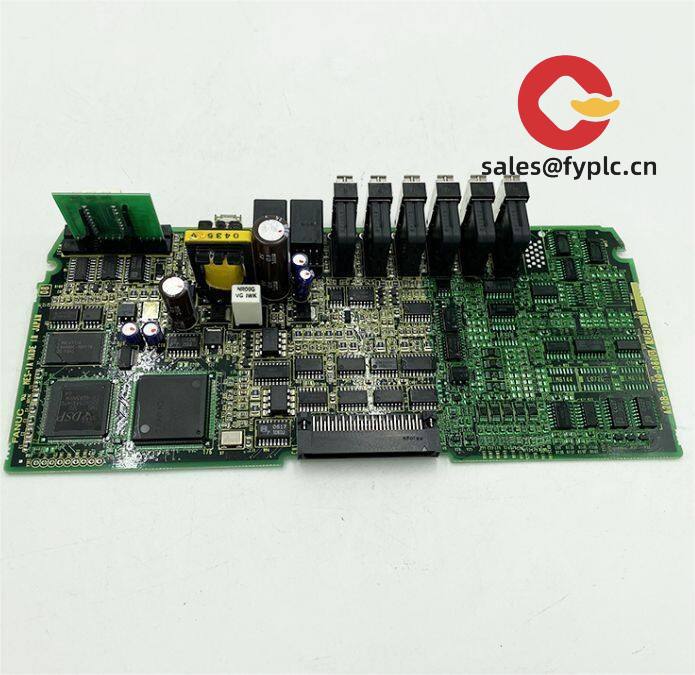
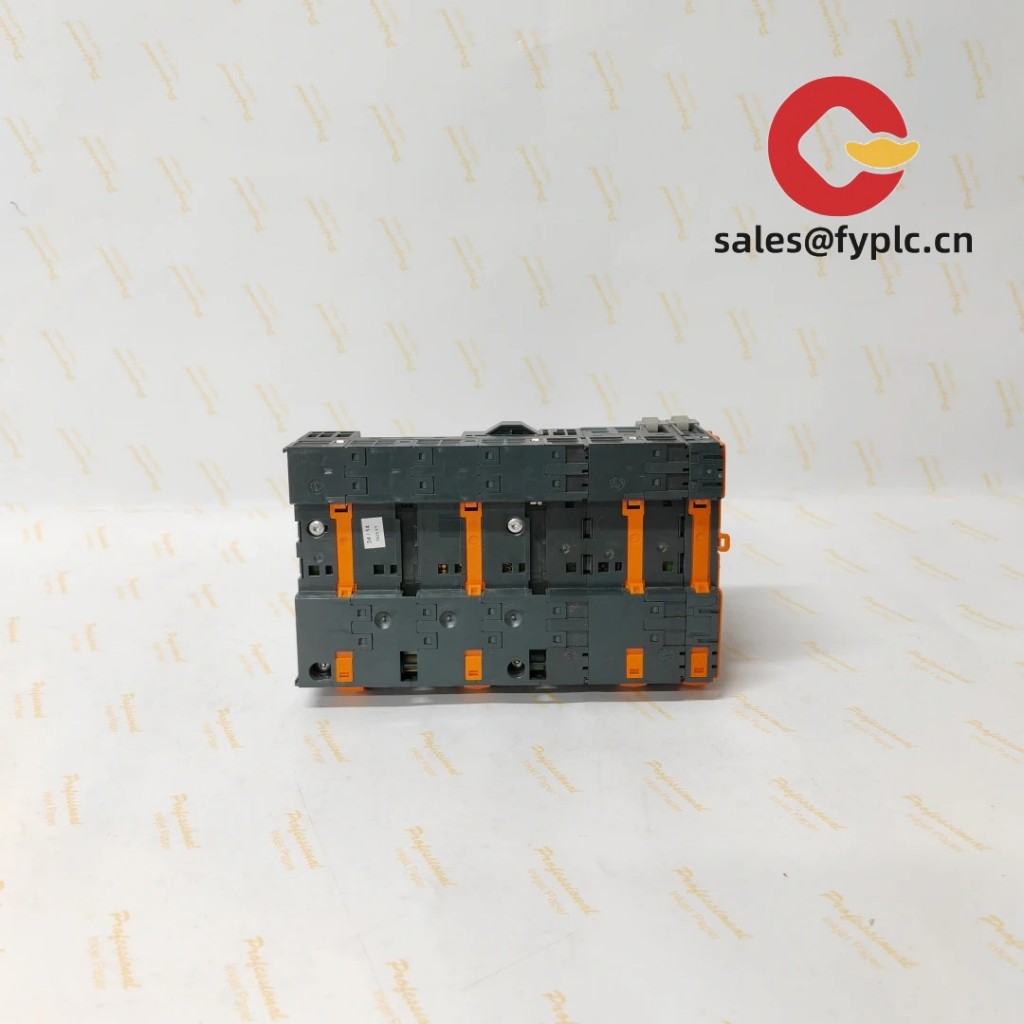
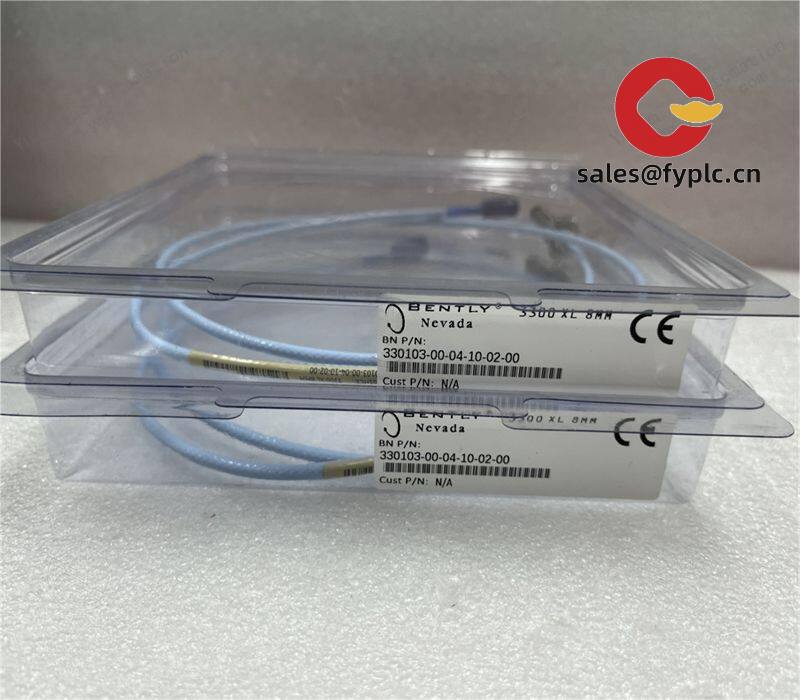

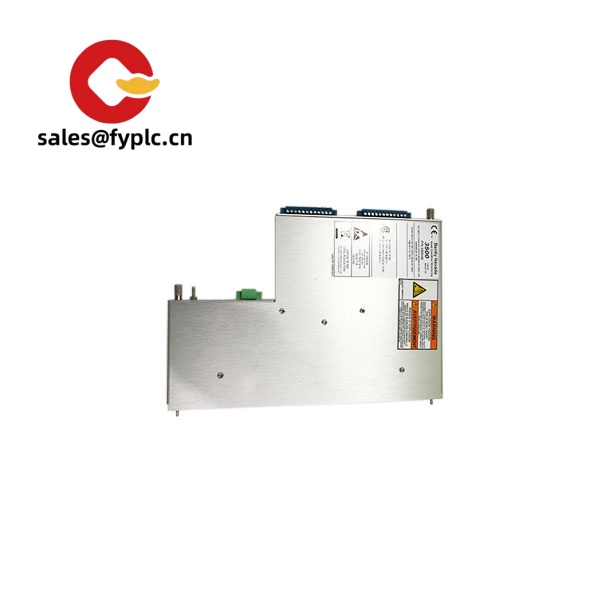
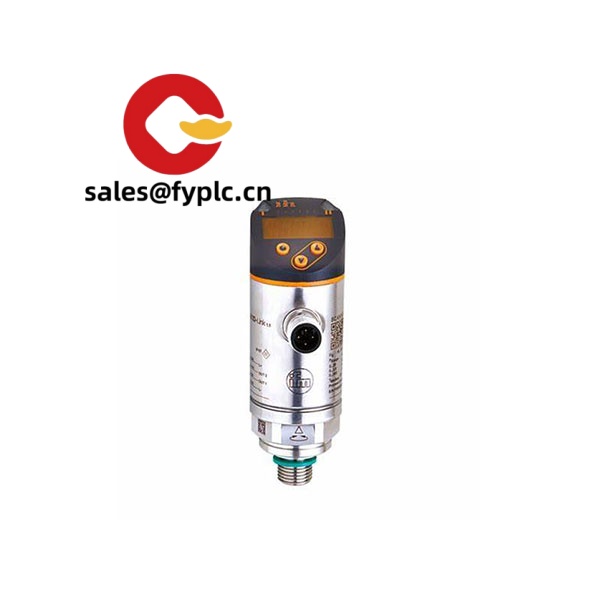
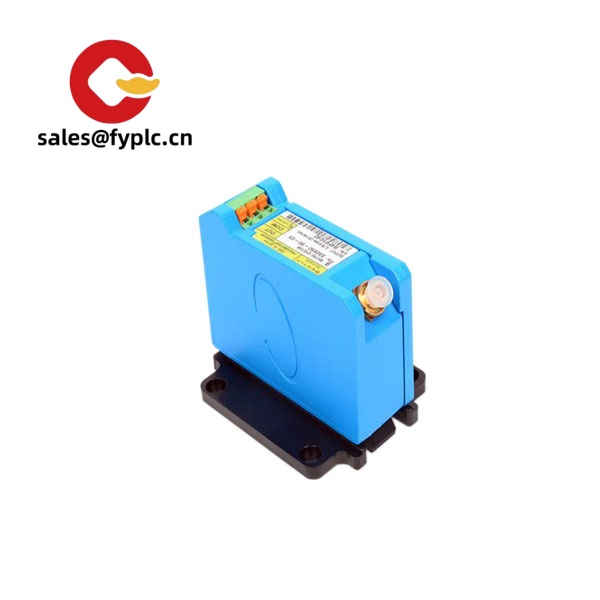
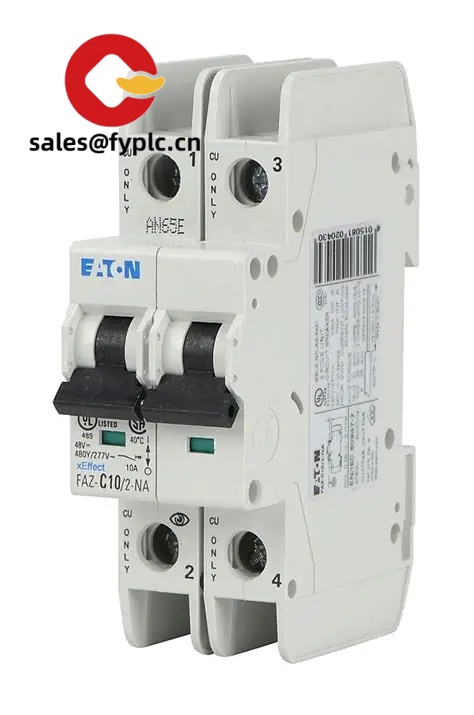
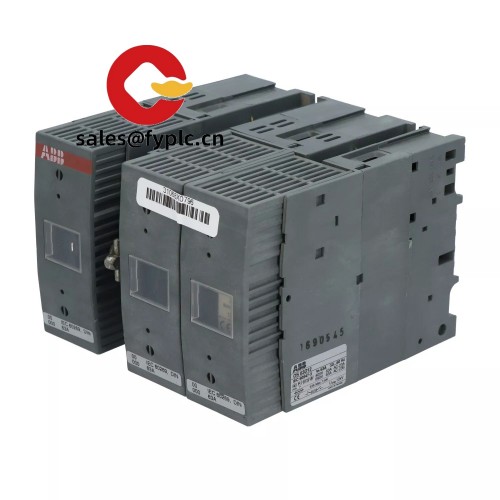
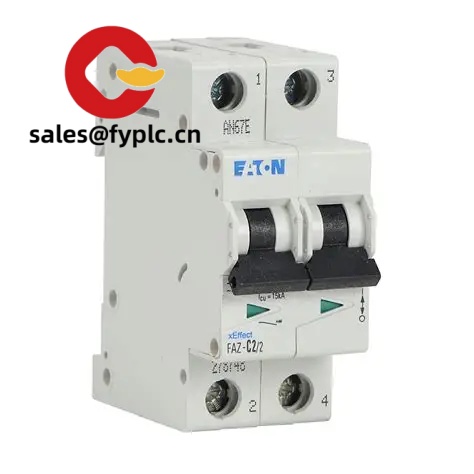
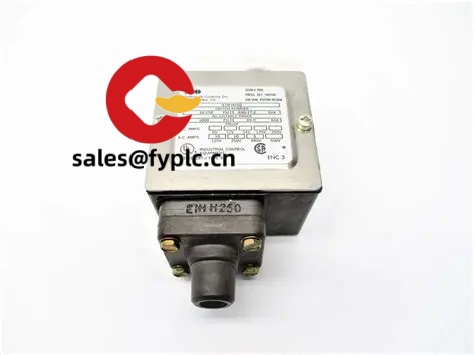
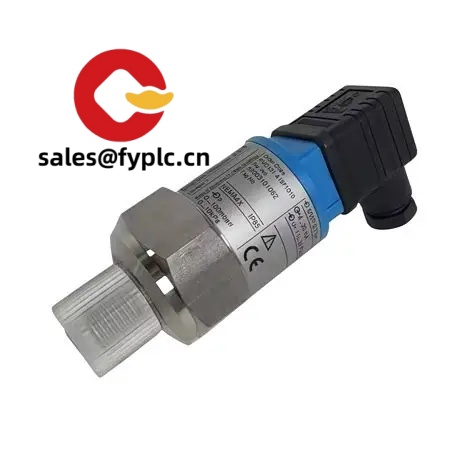


Reviews
There are no reviews yet.